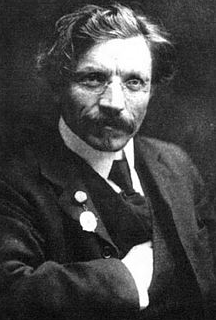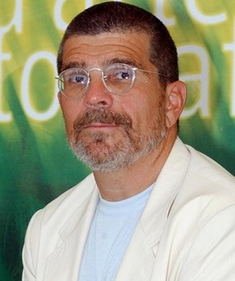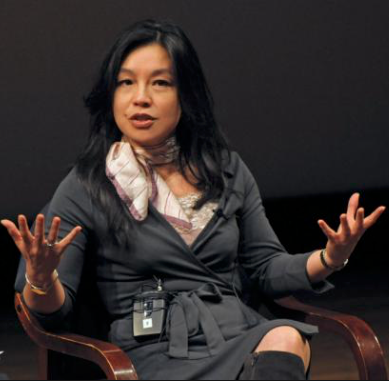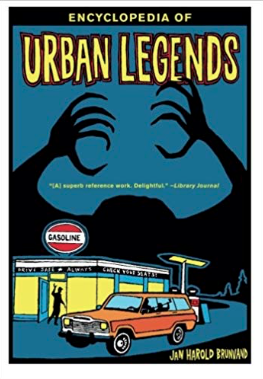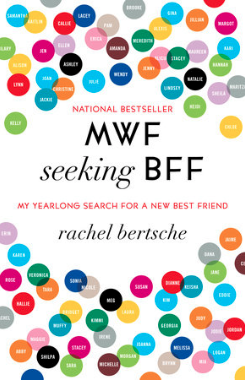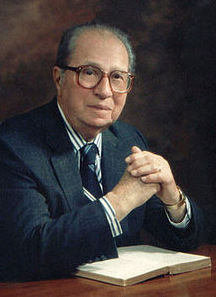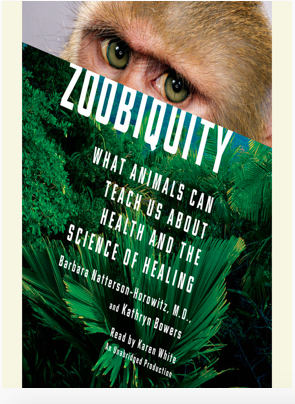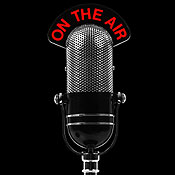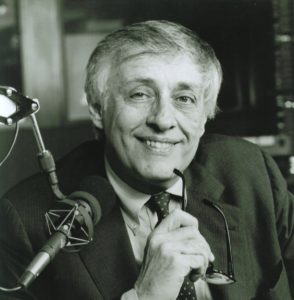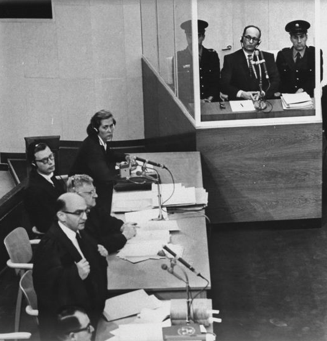
A Historian’s Take On The Trial Of Adolf Eichmann
With Deborah LipstadtAdded 10.30.18. Milt in 2011 interviews historian Deborah Lipstadt on her then-new book, “The Trial of Adolf Eichmann.” Sitting behind bulletproof glass in court in Jerusalem, Eichmann was tried and subsequently sentenced to death for his central role serving Hitler by overseeing the transport of millions of Jews to death camps, in The Holocaust. Eichmann was a Nazi Obersturmbannfuhrer, or senior assault unit leader. After World War II he fled Germany for first Austria, then Argentina. He was captured there in 1960 by Israeli agents. Lipstadt is the author of “Denying The Holocaust,” and other books. She is a Professor of Modern Jewish History and Holocaust Studies, at Emory University.


